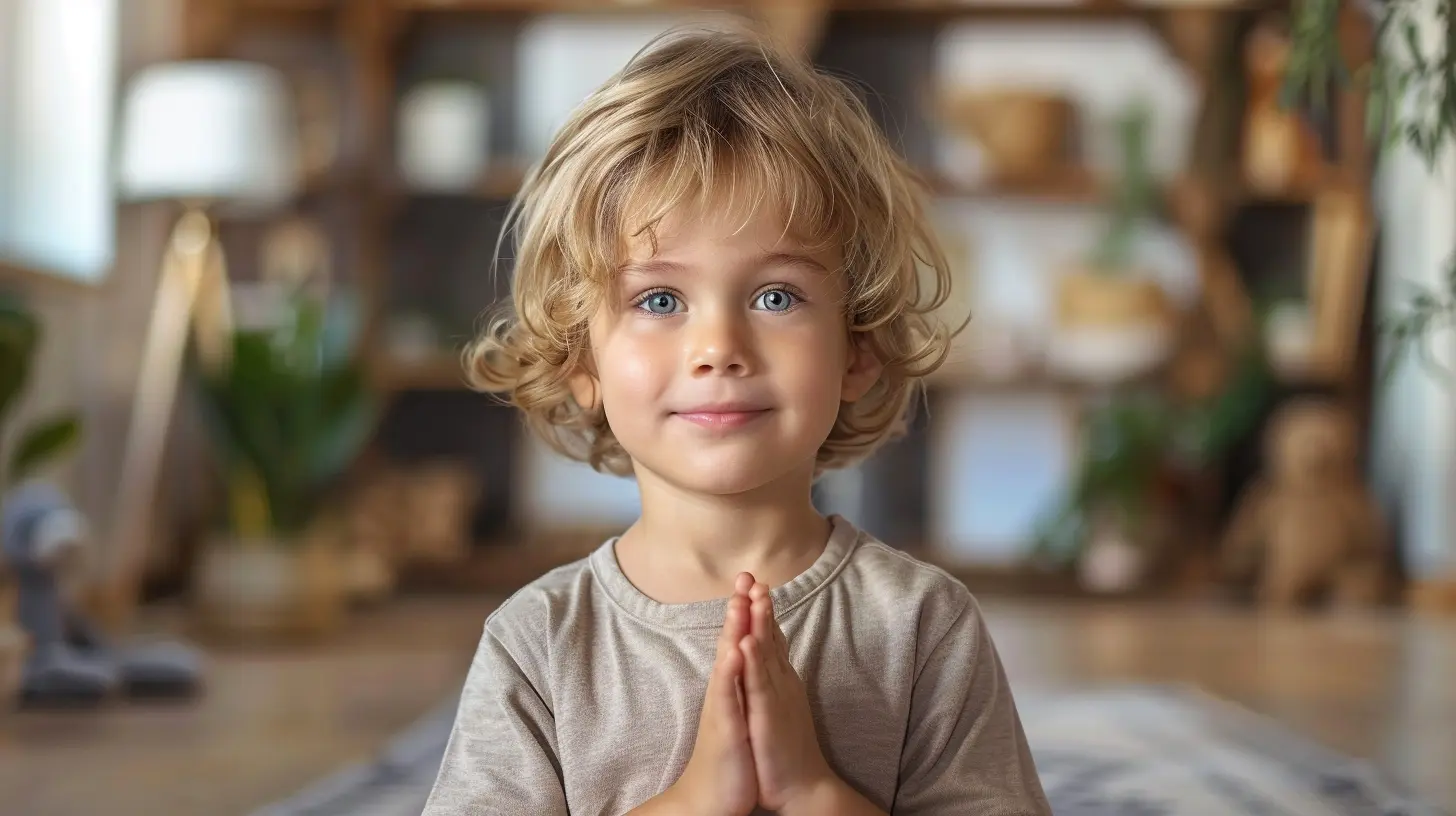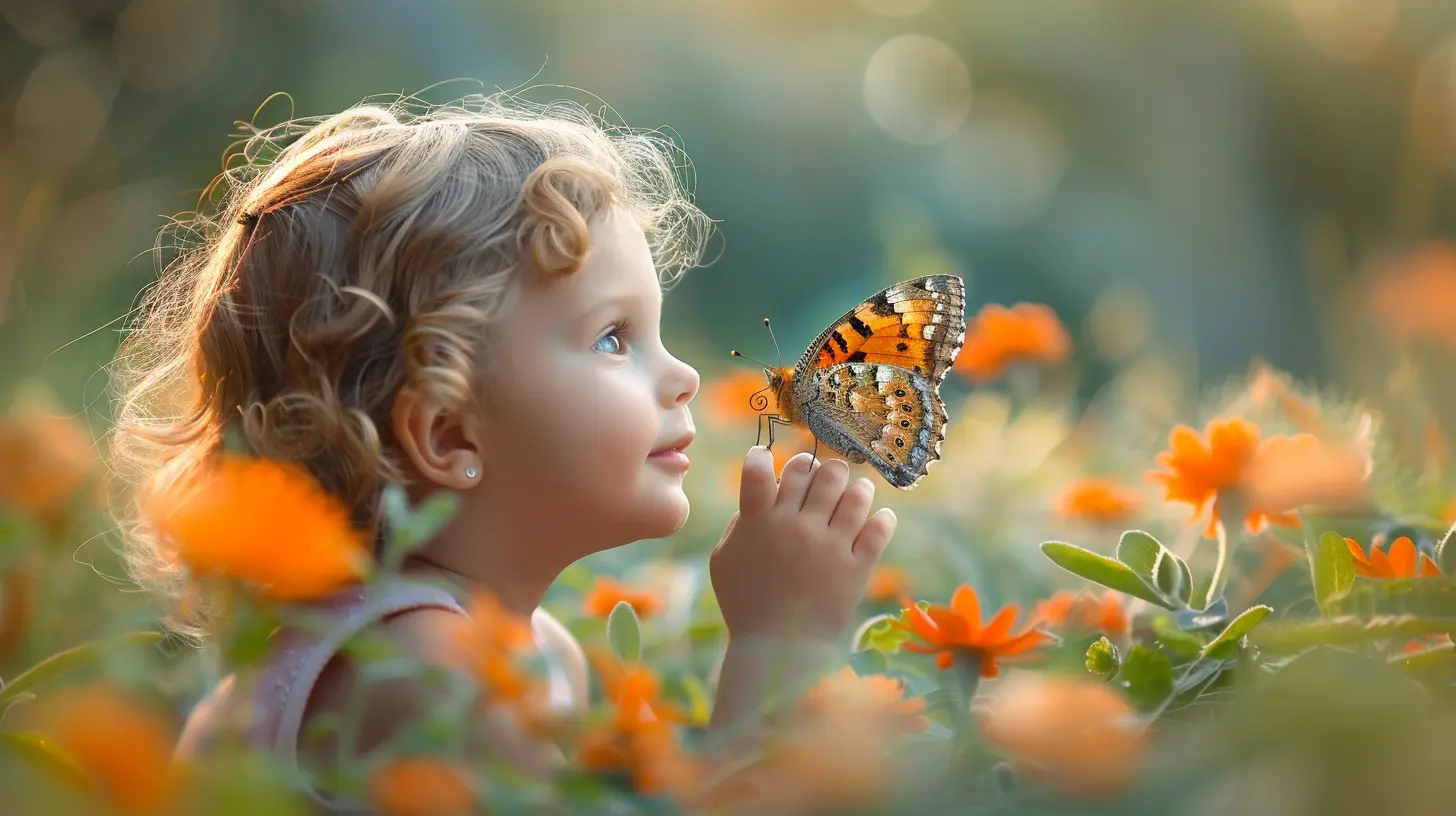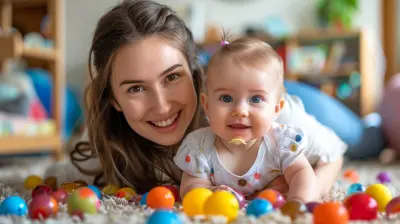Mindful Parenting for Emotional Growth
4 June 2025
Parenting isn't just about keeping your kids fed, clothed, and safe. It's about shaping hearts, building character, and helping little humans grow into emotionally intelligent people. Sounds like a tall order, right? But here’s the thing: you don’t have to be a perfect parent to raise emotionally healthy children. You just have to be a mindful one.
In this post, we're diving deep into what mindful parenting actually looks like—and how it can help nurture your child's emotional growth (and maybe even your own). So grab a cup of coffee, get comfy, and let’s chat about this journey we’re all navigating.
What Exactly Is Mindful Parenting?
Let’s cut through the noise. Mindful parenting isn’t about meditating for an hour every morning while your toddler throws tantrums in the background. It's not about controlling every emotion or being zen 24/7. That’s just not reality.Mindful parenting is the practice of being present and intentional in your interactions with your child. It means listening—really listening—without planning your reply. It means slowing down, tuning in, and responding rather than reacting.
Think of it like this: you’re the emotional thermostat for your kids. If you’re on edge, guess what? They will be too. Mindful parenting helps you regulate your own emotions so you can guide theirs.
Why Emotional Growth Matters (Like, A Lot)
We focus so much on milestones—walking, talking, tying shoes—that we sometimes forget the invisible milestones are just as important. Emotional growth is the foundation of well-being. It helps kids:- Understand their feelings
- Cope with stress
- Build strong social connections
- Handle conflict with grace
- Develop empathy
When you raise emotionally intelligent kids, you're giving them a life-long gift. You're setting them up to navigate this messy world with resilience and compassion.
How Mindful Parenting Boosts Emotional Growth
Alright, let’s get into the good stuff. Here’s how mindfulness in parenting leads to emotional growth.1. Being Present Helps Kids Feel Valued
Ever been physically there but mentally elsewhere? (Guilty!) We're all juggling a million things, but kids can feel when we're checked out. When you’re truly present—eye contact, undivided attention, no phone—it sends a powerful message: You matter.This kind of connection lays the emotional groundwork for self-worth and confidence. Kids who feel seen are more likely to express their emotions in healthy ways.
2. Responding vs. Reacting Teaches Self-Regulation
Let me paint a familiar picture: Your toddler’s lying face down on the floor screaming because you gave them the wrong blue cup. Your gut reaction? Yell. Maybe even scream back. I’ve so been there.But here’s the mindful parenting twist. Instead of reacting with your own emotional overflow, take a breath (literally) and respond with calm curiosity: “You’re upset about the cup. Want to tell me more?”
Every time you model self-regulation, you’re showing your child how to manage big emotions. You’re creating a ripple effect of calm.
3. Emotions Are Not Problems to Fix
We all want to “make it better” when our kids are crying or anxious. It’s instinctual. But rushing in with solutions or distractions can actually do more harm than good.Mindful parenting embraces the idea that feelings are okay—ALL of them. Sadness, frustration, fear—they’re not signs of bad parenting or broken kids. They’re signs of being human.
When you let them feel it to heal it, you're teaching emotional honesty.
Mindful Parenting in Real Life: What It Looks Like Daily
Okay, so how do we bring this into our day-to-day? You don’t need to overhaul your life. Just sprinkle in these practices.1. Start with You
Mindful parenting starts with self-awareness. If you're constantly running on empty, it’s going to show. Take little moments for mindfulness—like pausing before reacting or checking in with your breath during a tough moment.Ask yourself:
- "What am I feeling right now?"
- "Is this about them or me?"
- "What lesson do I want to teach here?"
You can't pour from an empty cup, friend. Fill yours first.
2. Use Emotion-Coaching Language
Instead of brushing off big feelings or offering a quick fix, take a coaching approach.Try this:
- “You seem frustrated. Want to talk about it?”
- “It's okay to feel angry. What can we do to feel better?”
- “I’m proud of you for sharing how you feel.”
This kind of language helps build an emotional vocabulary and gives your child tools to express themselves safely.
3. Create Safe Emotional Spaces
Home should be your child’s emotional playground. Not everything needs to be “teachable” all the time. Sometimes just sitting with them in silence while they cry is enough.Create an environment where emotions are welcome and not judged.
4. Practice the Pause (Even for 10 Seconds)
Before you react—pause.This space between stimulus and response is where the magic happens. It’s where you choose empathy over frustration, presence over autopilot.
You can even say, “Give me a second to think,” out loud. You’re being transparent, and you’re modeling something powerful.
Gentle Reminders When It Gets Hard
Let’s be real. You’re not going to nail it every time. Neither am I. We’ll have moments we yell more than we’d like or react instead of respond. That’s okay.Here’s what I remind myself:
- Repair matters more than perfection.
- “I’m sorry” goes a long way with kids.
- Growth is about progress, not perfection.
Be kind to yourself. The fact that you care enough to read this? That already makes you a mindful parent.
Emotional Growth by Age: What to Expect, What to Support
Emotional development isn’t one-size-fits-all. Here's a quick breakdown by age to help you tune in mindfully.Toddlers (1–3 years)
Big emotions, tiny vocabulary. They’re learning how to feel—but they don’t know how to say it yet.Best mindful moves:
- Label emotions: “That’s anger, huh?”
- Offer choices to help with autonomy.
- Stay calm during meltdowns (your calm is contagious).
Preschoolers (3–5 years)
Imagination is booming, and so is emotional storytelling. They start understanding consequences and empathy.Best mindful moves:
- Role-play emotions with toys or stories.
- Encourage expression through art or play.
- Model empathy by describing your own feelings.
School-Age Kids (6–12 years)
Friendship drama, peer pressure, and growing self-awareness mark this stage.Best mindful moves:
- Reinforce emotional language: “Was that disappointing?”
- Ask open-ended questions about their day.
- Create routines for emotional check-ins (like gratitude before bed!).
Teens (13–18 years)
Hormones, identity, autonomy. Teens still need you—but on their terms.Best mindful moves:
- Respect their space but stay available.
- Ask for permission to give advice.
- Stay steady during their storms—be the lighthouse, not the wave.
The Mindful Parent’s Toolkit
Wanna weave mindfulness into your daily parenting rhythm? Here are a few things to keep in your back pocket:- Deep Breathing: Teach it, do it, live it. Box breathing can calm both of you.
- Gratitude Practice: Start or end the day listing three things you’re grateful for—together.
- Mindful Mornings: Slow mornings, even for 10 minutes, can set the tone for the entire day.
- Nature Walks: No agenda. Just noticing. It grounds everyone.
- Bedtime Recaps: “What was your high and low today?” opens rich conversations.
Final Thoughts: It’s Not About Perfection
Mindful parenting isn’t about never raising your voice or always having the right answer. It’s about showing up—imperfectly, but with intention. It’s about choosing connection over control, presence over performance.When you parent with mindfulness, you’re not just raising children. You’re raising emotionally grounded future adults who know it’s safe to feel, to speak, and to grow.
And honestly? That’s one heck of a legacy.
all images in this post were generated using AI tools
Category:
Child DevelopmentAuthor:

Kelly Snow
Discussion
rate this article
3 comments
Beau Strickland
Thank you for this insightful article! Mindful parenting truly nurtures emotional growth in both children and parents. I appreciate the practical tips and reflections shared. Looking forward to applying them!
June 22, 2025 at 3:33 PM

Kelly Snow
Thank you for your kind words! I'm glad you found the tips helpful and I hope they enhance your mindful parenting journey.
Sarina Rogers
Mindful parenting is not just a trend; it’s a transformative approach that nurtures emotional growth in both parents and children. By practicing mindfulness, we cultivate awareness, patience, and resilience. Let’s commit to being present, fostering open communication, and creating a safe space for our children to thrive.
June 6, 2025 at 4:52 AM

Kelly Snow
Thank you for your insightful comment! Mindful parenting indeed fosters growth and connection, benefiting both parents and children. Let’s continue to prioritize presence and communication in our parenting journeys.
Bella McSweeney
Mindful parenting fosters emotional growth by encouraging awareness and connection. It helps parents respond thoughtfully to their children's needs, creating a nurturing environment that promotes resilience and empathy.
June 5, 2025 at 3:57 PM

Kelly Snow
Thank you for highlighting the importance of mindful parenting! Your insights on awareness and connection perfectly capture how it fosters resilience and empathy in children.



